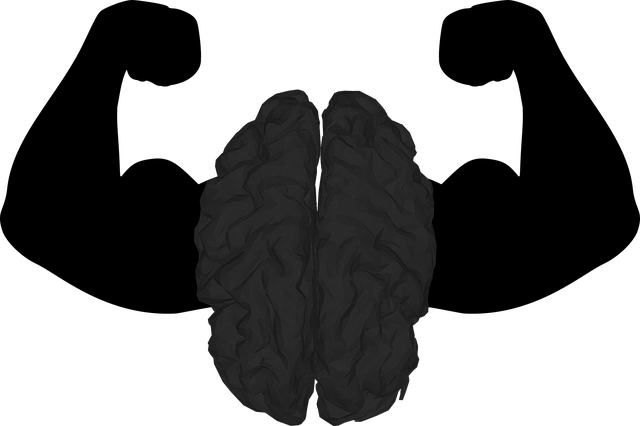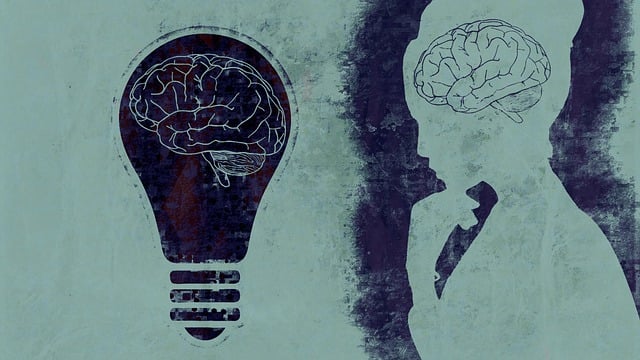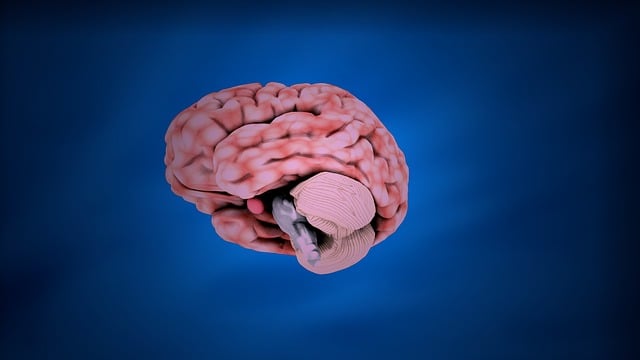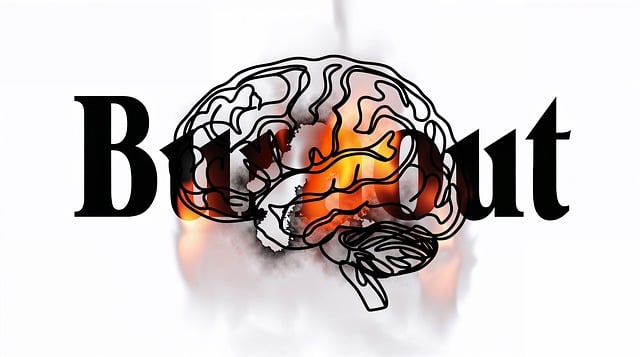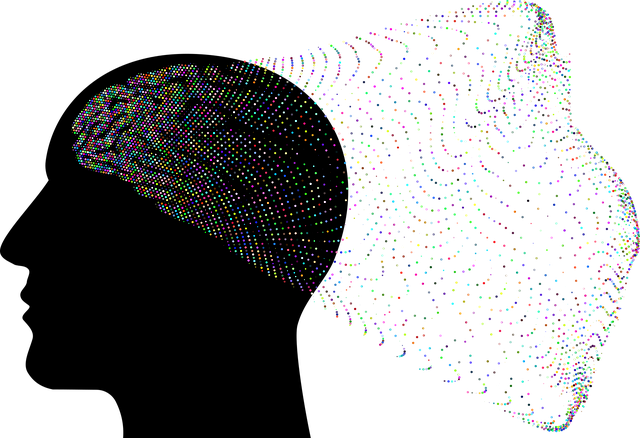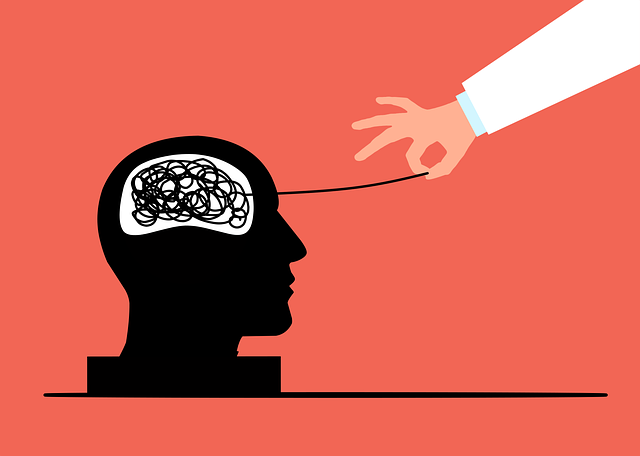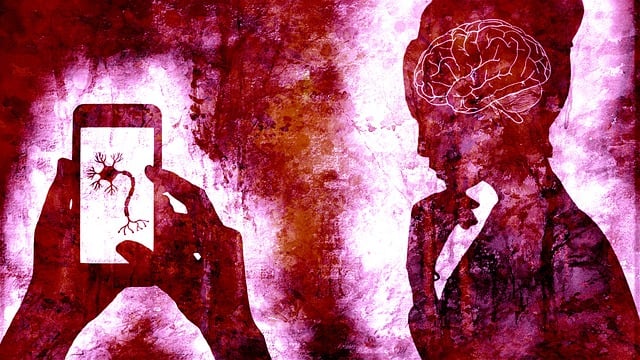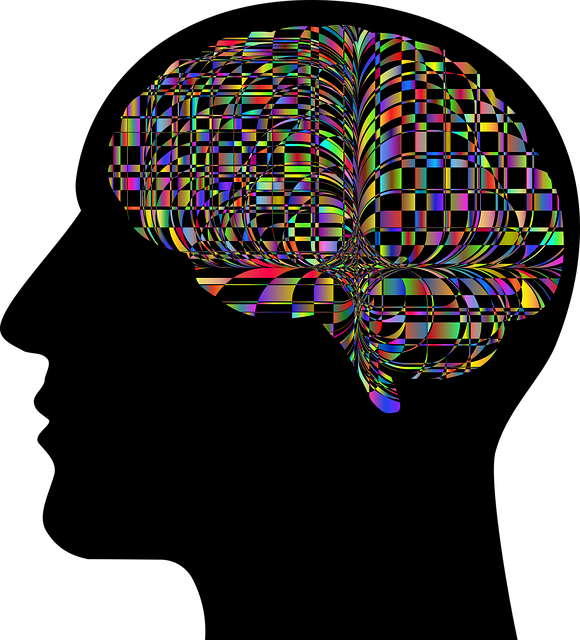Aurora Divorce Therapy revolutionizes mental health support by recognizing the profound link between social interactions and psychological well-being. They offer specialized social skills training, combining mindfulness meditation with community outreach programs. Through tailored strategies, self-care routines, and educational resources like their Mental Wellness Podcast Series, they empower individuals to overcome challenges like depression, anxiety, and trauma. By enhancing communication skills and fostering empathy, Aurora helps clients build stronger relationships, navigate social situations confidently, and improve overall mental health and quality of life.
Social skills training is a vital component of mental health support, addressing the intricate connection between social interactions and well-being. This article explores this crucial aspect, focusing on how Aurora Divorce Therapy offers specialized programs to enhance social competencies. We delve into the impact of various mental health conditions on social relationships and present practical strategies for communication and connection. Additionally, we provide actionable tips to foster and maintain healthy social interactions, all while highlighting Aurora Divorce Therapy’s innovative approach.
- Understanding the Link Between Social Skills and Mental Health
- The Role of Aurora Divorce Therapy in Social Skills Training
- Identifying Challenges: Common Mental Health Conditions and Their Impact on Social Interaction
- Strategies for Effective Communication and Relationship Building
- Practical Tips for Maintaining Social Connections and Well-being
Understanding the Link Between Social Skills and Mental Health

Social skills training plays a pivotal role in managing mental health conditions, a connection that Aurora Divorce Therapy understands deeply. The interdependence between social interactions and psychological well-being is profound; lacking robust social skills can exacerbate existing mental health issues or even trigger new ones. This is especially relevant in today’s complex social landscape where individuals often struggle to navigate relationships, communicate effectively, and manage their emotions in diverse social settings.
At Aurora Divorce Therapy, we recognize that building resilience through mindfulness meditation and community outreach program implementation can be transformative. These strategies empower individuals to foster healthier interactions, improve self-awareness, and develop coping mechanisms that enhance overall mental health. By integrating social skills training into therapeutic practices, we aim to create a supportive environment where clients can learn, grow, and build the confidence necessary to thrive in their personal and professional lives.
The Role of Aurora Divorce Therapy in Social Skills Training

Aurora Divorce Therapy stands out as a beacon of hope for individuals navigating mental health conditions, particularly those that impact social interactions. This innovative therapy centre understands the intricate link between social skills and overall well-being, especially in the context of trauma support services. Through tailored programs, they foster an environment where clients can build resilience and enhance their communication abilities, using mindfulness meditation as a core tool to manage anxiety and stress.
By integrating public awareness campaigns development into their approach, Aurora Divorce Therapy not only empowers individuals to overcome social barriers but also contributes to broader understanding and support for mental health issues. Their comprehensive training equips participants with the skills needed to navigate social situations confidently, leading to improved quality of life and enhanced community integration.
Identifying Challenges: Common Mental Health Conditions and Their Impact on Social Interaction

Mental health conditions can significantly impact an individual’s ability to engage in social interactions, often presenting unique challenges in various aspects of life. Conditions such as depression, anxiety disorders, and bipolar disorder are among the most common, each with distinct effects on social skills. For instance, individuals with depression may struggle with initiating conversations or maintaining eye contact, while those with anxiety might experience excessive worry in social settings, leading to avoidance behaviors.
At Aurora Divorce Therapy, we recognize these challenges and understand that effective social skills training is crucial for recovery and improved quality of life. Our approach involves tailored strategies and techniques, including self-care routine development for better mental health and engaging self-awareness exercises, to enhance individuals’ comfort and confidence in social situations. We also offer resources like our Mental Wellness Podcast Series Production, providing valuable insights and support through educational content designed to foster a deeper understanding of self and others.
Strategies for Effective Communication and Relationship Building

In social skills training, individuals learn and practice effective communication techniques that foster meaningful connections. At Aurora Divorce Therapy, we emphasize active listening as a cornerstone for building strong relationships. This involves giving your full attention to the speaker, paraphrasing their thoughts, and asking open-ended questions to promote understanding and empathy. By cultivating these skills, individuals can navigate social interactions with greater confidence, leading to improved mental health outcomes, especially in challenging situations.
Relationship building is another vital aspect of our therapy programs. We teach strategies for fostering healthy connections, focusing on trustworthiness, transparency, and respect. Encouraging empathy-building exercises helps individuals understand others’ perspectives, which is crucial for managing conflicts constructively. Moreover, resilience can be enhanced through these interactions by learning to adapt and respond appropriately in various social settings, ultimately contributing to a robust self-care routine development for better mental health.
Practical Tips for Maintaining Social Connections and Well-being

Maintaining social connections is a vital aspect of mental health and well-being, especially for individuals navigating challenging conditions. At Aurora Divorce Therapy, we understand that fostering meaningful relationships can be both supportive and therapeutic. Here are some practical tips to help you thrive in your social interactions:
Engage in regular social activities that align with your interests. Joining clubs, attend community events, or participate in online forums dedicated to hobbies can provide opportunities for connection while also allowing you to express your passions. Additionally, prioritizing open and honest communication is key. Learning effective communication strategies through resources like our Mental Wellness Podcast Series Production can empower you to articulate your needs and build stronger bonds with friends and family. Remember, maintaining a balanced social life is an essential part of burnout prevention, so take time to nurture these relationships, just as you would tend to any other aspect of your mental wellness journey.
Social skills training, as offered by specialized therapists like Aurora Divorce Therapy, plays a pivotal role in managing mental health conditions. By understanding the unique challenges associated with various disorders and implementing effective communication strategies, individuals can navigate social interactions more smoothly. The practical tips outlined here serve as a guide to fostering meaningful connections and promoting overall well-being. For those seeking support, Aurora Divorce Therapy offers a comprehensive approach to enhancing social skills, ultimately contributing to improved mental health outcomes.
